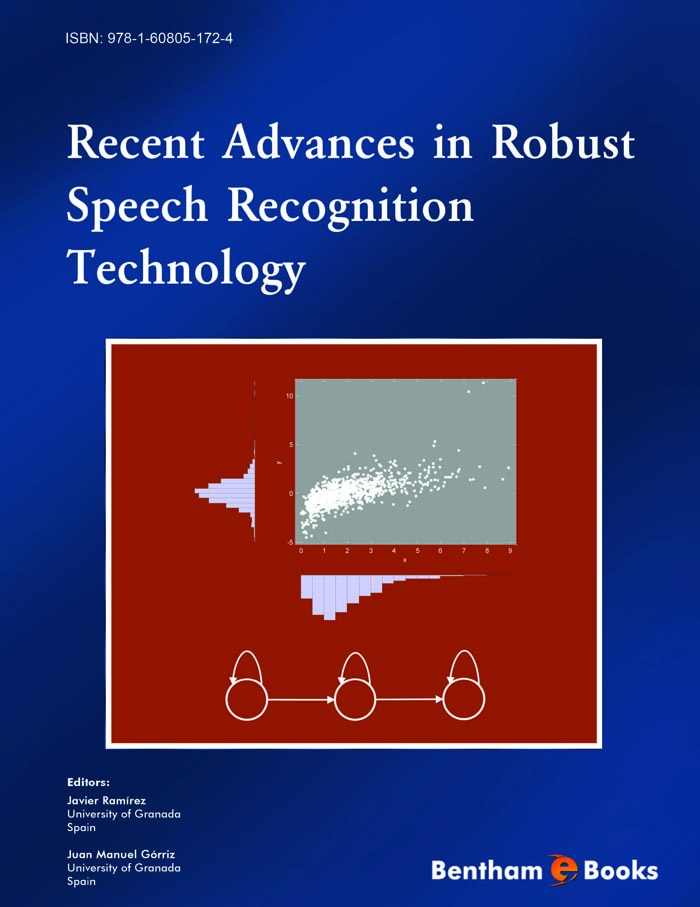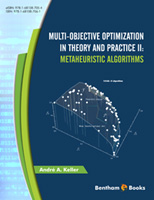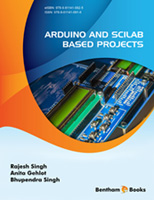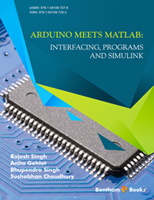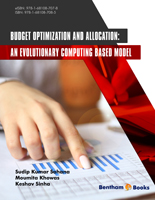Introduction
This E-book is a collection of articles that describe advances in speech recognition technology. Robustness in speech recognition refers to the need to maintain high speech recognition accuracy even when the quality of the input speech is degraded, or when the acoustical, articulate, or phonetic characteristics of speech in the training and testing environments differ. Obstacles to robust recognition include acoustical degradations produced by additive noise, the effects of linear filtering, nonlinearities in transduction or transmission, as well as impulsive interfering sources, and diminished accuracy caused by changes in articulation produced by the presence of high-intensity noise sources. Although progress over the past decade has been impressive, there are significant obstacles to overcome before speech recognition systems can reach their full potential. Automatic speech recognition (ASR) systems must be robust to all levels, so that they can handle background or channel noise, the occurrence on unfamiliar words, new accents, new users, or unanticipated inputs. They must exhibit more 'intelligence' and integrate speech with other modalities, deriving the user's intent by combining speech with facial expressions, eye movements, gestures, and other input features, and communicating back to the user through multimedia responses. Therefore, as speech recognition technology is transferred from the laboratory to the marketplace, robustness in recognition becomes increasingly significant. This E-book should be useful to computer engineers interested in recent developments in speech recognition technology.

